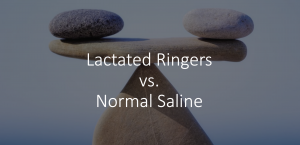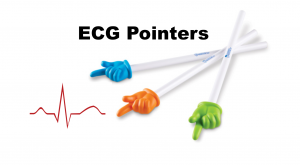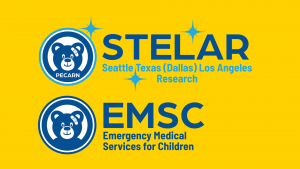| Ask Me Anything With Deborah Diercks | (02/02/2015) |
|
7:57
|
Monday February 2, 2015 7:57 Alex Koyfman
|
|
|
D Diercks
|
|
7:59
|
Monday February 2, 2015 7:59 Alex Koyfman
|
|
|
D Diercks
|
|
8:01
|
Monday February 2, 2015 8:01 Adaira
|
|
|
D Diercks
|
|
8:03
|
Monday February 2, 2015 8:03 Adaira
|
|
|
D Diercks
|
|
8:04
|
Monday February 2, 2015 8:04 Guest
|
|
|
D Diercks
|
|
8:06
|
Monday February 2, 2015 8:06 Adaira
|
|
|
D Diercks
|
|
8:07
|
Monday February 2, 2015 8:07 Manny
|
|
|
D Diercks
|
|
8:10
|
Monday February 2, 2015 8:10 Ryan
|
|
|
D Diercks
|
|
8:11
|
Monday February 2, 2015 8:11 Zach Skaggs
|
|
|
D Diercks
|
|
8:12
|
Monday February 2, 2015 8:12 Adaira
|
|
|
D Diercks
|
|
8:15
|
Monday Febru
ary 2, 2015 8:15 EMGuest |
|
|
D Diercks
|
|
8:16
|
Monday February 2, 2015 8:16 Guest
|
|
|
D Diercks
|
|
8:18
|
Monday February 2, 2015 8:18 Adaira
|
|
|
D Diercks
|
|
8:19
|
Monday February 2, 2015 8:19 Adaira
|
|
|
D Diercks
|
|
8:21
|
Monday February 2, 2015 8:21 EM
|
|
|
D Diercks
|
|
8:22
|
Monday February 2, 2015 8:22 EM Resident
|
|
|
D Diercks
|
|
8:23
|
Monday February 2, 2015 8:23 EM Resident
|
|
|
D Diercks
|
|
8:24
|
Monday February 2, 2015 8:24 EM
|
|
|
D Diercks
|
|
8:26
|
Monday February 2, 2015 8:26 Chris
|
|
|
D Diercks
|
|
8:28
|
Monday February 2, 2015 8:28 Chris
|
|
|
D Diercks
|
|
8:29
|
Monday February 2, 2015 8:29 Chris
|
|
|
D Diercks
|
|
8:31
|
Monday February 2, 2015 8:31 Chris
|
|
|
D Diercks
|
|
8:32
|
Monday February 2, 2015 8:32 Mary
|
|
|
D Diercks
|
|
8:33
|
Monday February 2, 2015 8:33 EM
|
|
|
D Diercks
|
|
8:34
|
Monday February 2, 2015 8:34 Guest
|
|
|
D Diercks
|
|
8:36
|
Monday February 2, 2015 8:36 Guest
|
|
|
D Diercks
|
|
8:37
|
Monday February 2, 2015 8:37 Mary
|
|
|
D Diercks
|
|
8:39
|
Monday February 2, 2015 8:39 Guest
|
|
|
D Diercks
|
|
8:41
|
Monday February 2, 2015 8:41 Mike
|
|
|
D Diercks
|
|
8:43
|
Monday February 2, 2015 8:43 Mike
|
|
|
D Diercks
|
|
8:47
|
Monday February 2, 2015 8:47 Guest
|
|
|
D Diercks
|
|
8:49
|
Monday February 2, 2015 8:49 Guest
|
|
|
D Diercks
|
|
8:50
|
Monday February 2, 2015 8:50 Baker Hamilton
|
|
8:51
|
Monday February 2, 2015 8:51 EMGuest
|
|
|
D Diercks
|
|
8:53
|
Monday February 2, 2015 8:53 julia
|
|
|
D Diercks
|
|
8:56
|
Monday February 2, 2015 8:56 EMGuest
|
|
|
D Diercks
|
|
8:57
|
Monday February 2, 2015 8:57 Guest
|
|
|
D Diercks
|
|
8:58
|
Monday February 2, 2015 8:58 Baker Hamilton
|
|
|
D Diercks
|
|
8:59
|
Monday February 2, 2015 8:59 Baker Hamilton
|










Hello Everyone! Thanks for joining us for another AMA! Will get started in 5 minutes! This AMA features Dr. Deborah Diercks who is the Chair of the UT Southwestern Medical Center Emergency Department and also the President-Elect of SAEM! Get those questions ready!